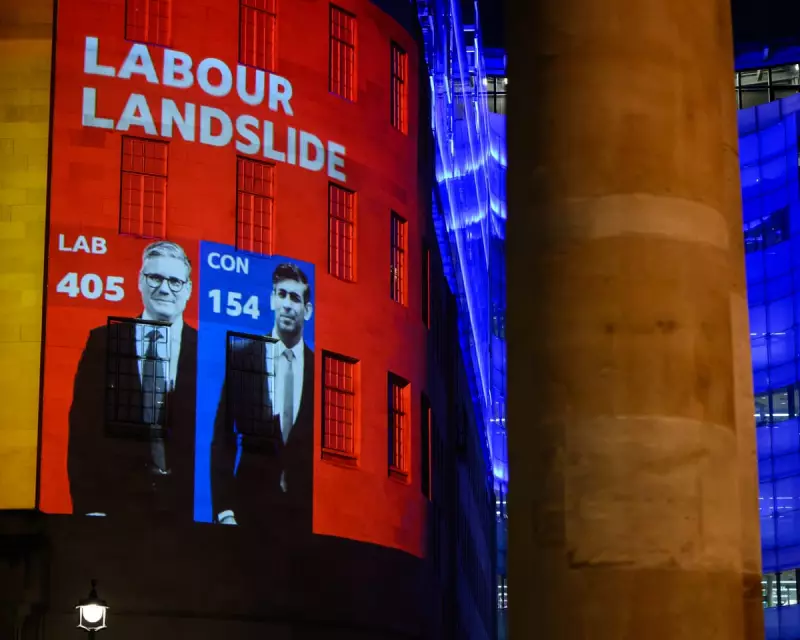
The 2024 general election has been declared the most disproportionate in British political history, sparking urgent calls for electoral reform from across the political spectrum.
The Case for Proportional Representation
Following the election results projected onto the BBC's Broadcasting House, political commentators and citizens alike are questioning the fairness of the current first past the post system. The outcome left a staggering 57.8% of voters effectively unrepresented, meaning the candidate they supported failed to secure election.
As journalist Andy Beckett noted in the Guardian, the case for proportional representation may be becoming irresistible as Britain's traditional two-party politics continues to fragment. The strength of the argument for change appears undeniable, with the main obstacle being a perceived lack of political will to implement reform.
Labour's Crucial Decision
All eyes are now on the Labour Party, whose position on electoral reform could prove decisive. According to Electoral Calculus forecasts, embracing proportional representation could offer Labour protection against a potential doomsday scenario where the party might lose up to 90% of its parliamentary seats in future elections.
John Culley from Barcombe, East Sussex argues that Labour should adopt electoral reform for pragmatic reasons, even if the leadership doesn't support it on principle. He suggests that conventional wisdom about voting reform being like 'turkeys voting for Christmas' should be disregarded, noting that 'Christmas will arrive' regardless for the traditional two-party system.
The Risks of Maintaining Status Quo
Austen Lynch from Garstang, Lancashire highlights the dangers of continuing with the current electoral system. Under first past the post, smaller disparate groups could potentially form governments despite representing a minority of voters.
For those curious about how the 2024 election might have unfolded under proportional representation, the Electoral Reform Society's website provides a detailed graphic breakdown of projected results. This visual representation underscores the significant difference alternative voting systems could make in ensuring voters' choices are properly reflected in Parliament.
The debate has gained renewed momentum following what many are calling a watershed moment for British democracy. With such a high percentage of voters feeling disconnected from the outcome, pressure is mounting on all political parties to seriously consider fundamental changes to how Britain elects its representatives.





